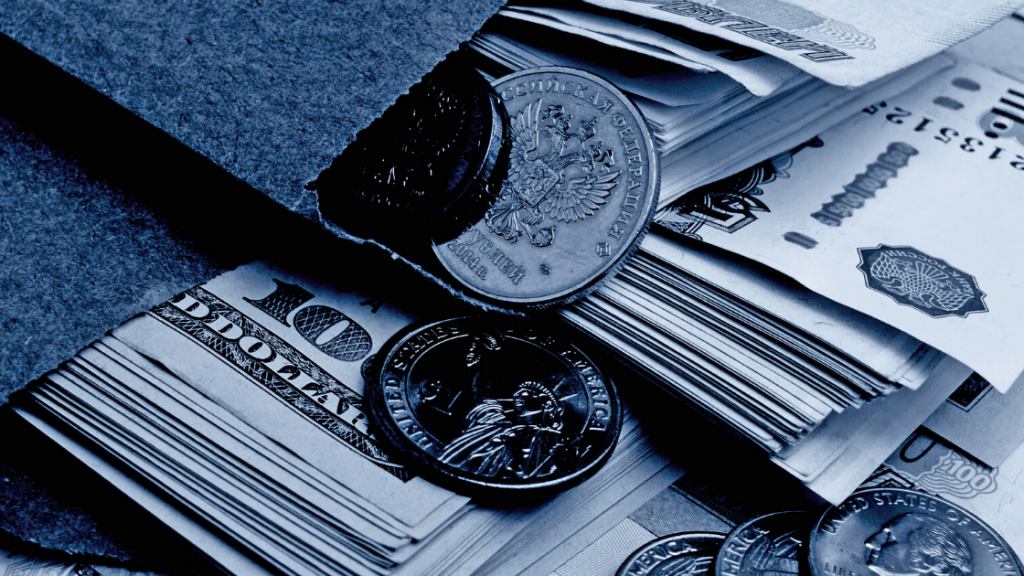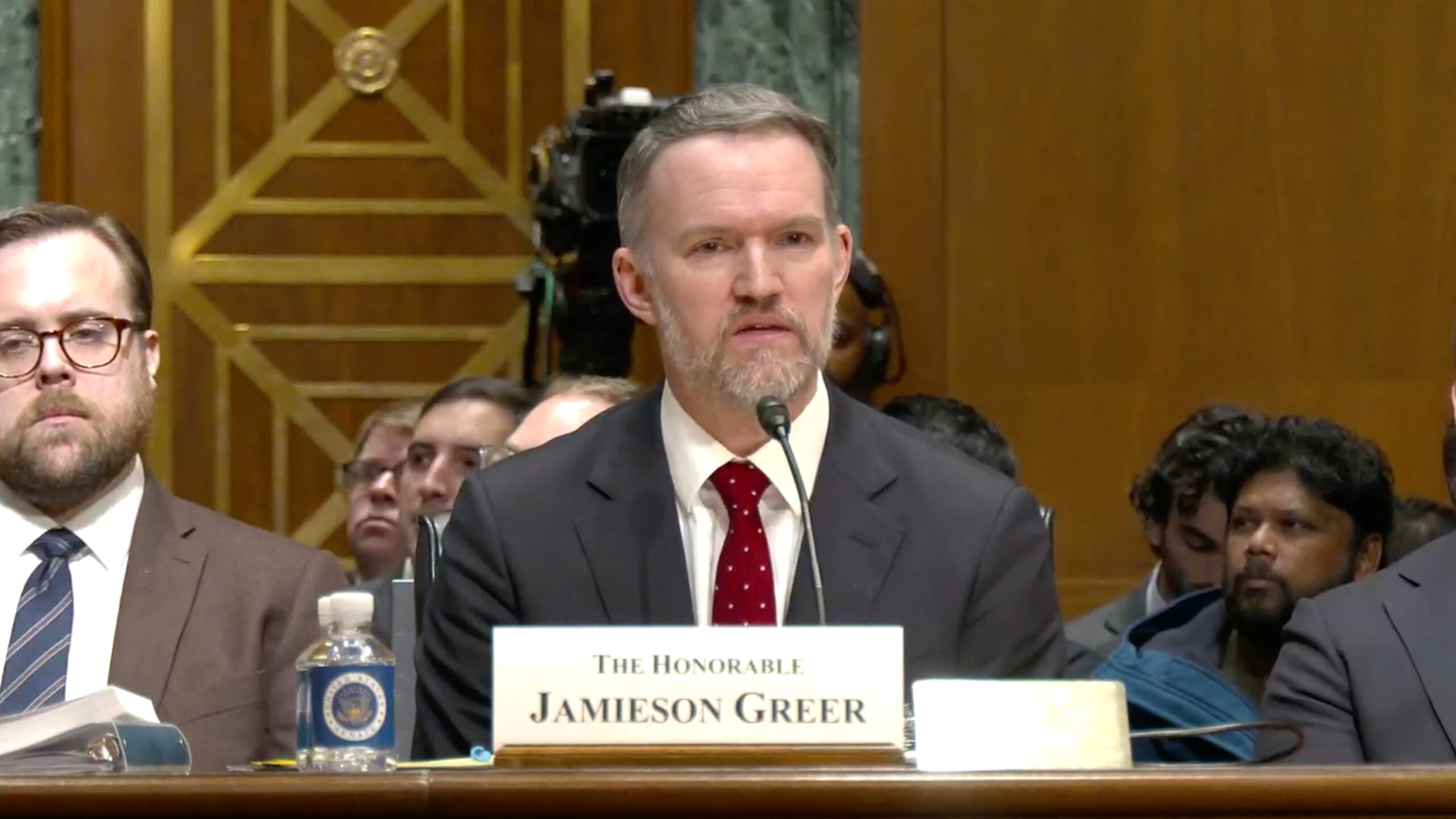CPA’s take: This well-written article explains why dollar hegemony and overvaluation is bad for US productivity and working-class people around the world.
The global dollar system has few national winners. In the typical frame, understanding the US dollar means understanding the “exorbitant privilege” it confers on America. But the role of the dollar in structuring the international financial system and defining the relationship between a hegemonic US and the rest of the world is ambiguous—as is the question of who exactly benefits from the current arrangement. Dollar primacy feeds a growing American trade deficit that shifts the country’s economy toward the accumulation of rents rather than the growth of productivity. This has contributed to a falling labor and capital share of income, and to the ballooning cost of services such as education, medical care, and rental housing. With sicknesses like these, can we say for certain that the reserve currency confers substantial benefits to the country that provides liquidity and benchmark assets denominated in that currency?
[Yakov FeyginDominik Leusder | May 1, 2020 | Phenomenal World]
For the rest of the world, the ills are clear enough. In developing countries, the need to insure their economies against currency crises and debt deflation has meant the accumulation of dollars at the expense of necessary domestic investment. These policies are usually accompanied by a suppression of consumption and incomes to establish a permanent trade surplus vis-à-vis the dollar system. And in many countries, the dollar system allows corrupt elites to safely transport their ill-gotten earnings to global banking centers located in jurisdictions with opaque ownership laws.
A closer look at the underlying dynamics that sustain this arrangement reveals why seemingly no one wants to ‘buck the dollar’ but why all countries, including the US, have an interest in doing so….
Read the full article here.












